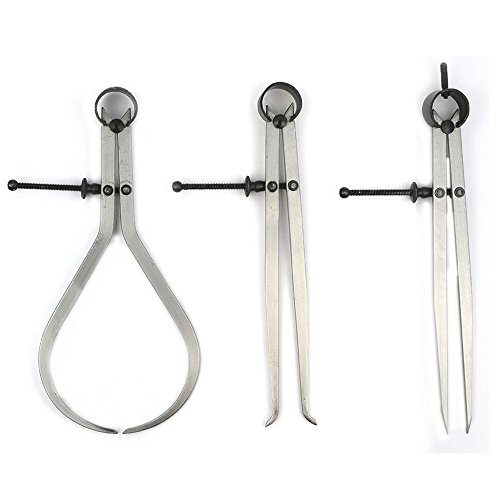Several months ago I also received a personal message from aboard moderator asking me to Please tone it down a little on the high tech jargon
The topic of discussion was how to home stress-relieve a weldment. A recommendation was made to blast the part with a rose bud for a few minutes until it glows red, then let it cool. The problem is that stress relieving requires precise elevated temperature controls for many hours as well as a controlled rate of cool down. I.E. blasting the part with a rose bud would likely introduce far more stress, then simply machining it in the as-welded condition.
Needless to say, my recommendation to farm-out the stress relieving process while made with the best intentions - was not well received by at least one moderator on these boards.
I am a Mechanical Engineer, licensed in the state of Washington. My job is to help maintain propulsion systems on nuclear powered warships. Where I work, we have hundreds of machinists, and thousands of mechanics. It never ceases to amaze me at the amount of bad blood that exists between engineers and machinists. Engineers are viewed by machinists assmart-a$$ punks, who are overpaid, and dont know anything. Machinists are viewed by engineers as grumpy mean guys who will not give anyone the time of day and will get flat-out angry when you ask them a question.
Engineering school taught me a lot, however it did not teach me the tricks of the trade for operating a milling machine or a lathe. Ive become good friends now with several of the machinists at work. All I did was ask them - whats the best way to reduce chatter, or whats the best way to get a better surface finish with this end-mill, or how do I get the cutting tool to do this . . . Point being, it was only after they realized that I was an engineer who was taking a personal interest in their trade, that I was treated with some level of respect.
When someone takes the time register a username and password on these boards, and makes a post that contains technical information why not assume that it was done so with the best of intentions? Why must some folks on these boards immediately go on the offensive and challenge credentials, or ask to see pictures of a workshop? Why not simply ask for clarification on the posting, in lieu of going on the attack?
Heres my two cents:
I would not use aluminum to construct a tool post holder. Justification: The Youngs Modulus for aluminum is about 1/3 that of steel. The Youngs Modulus is the rubber-band-ness of a metal. The lower the Youngs Modulus number, the more the metal will deflect with a given force. Thus a tool post holder made of steel (or cast iron) will deflect three times less than one made of aluminum. This means that steel will provide a more rigid foundation for the cutting tool - thus more consistent cuts under load. This is a big reason why metal working machines are usually made of cast iron, and not cast aluminum. . .
FWIW, Lew said the same exact thing in the third sentence of his original post to this thread (he just did so with less words, using more traditional engineering verbiage). He went on further to explain how steel has more distortion energy, and its grain structure gives it a greater resistance to shear. His post provided ALL required information needed to make an educated decision on whether or not to construct a tool post out of aluminum. I don'tbelieve he did a copy-and-paste from the internet, as Lew did not talk about the poor cyclical fatigue properties of aluminum with respect to the endurance limit. He specifically did not mention cyclical fatigue, because its not applicable in a tool post holder application.
Lews initial comments were not condescending. The way I see it, it was folks on these boards who put Lew on the defensive by challenged his credentials, asking to see pictures of his workshop, taunting him for not knowing how to post a picture, and implying that his post is somehow discredited if he cant post a picture of a model engine that hes already built.
Again - It never ceases to amaze me at the amount of bad blood that exists between engineers and machinists. . . . .





































![DreamPlan Home Design and Landscaping Software Free for Windows [PC Download]](https://m.media-amazon.com/images/I/51kvZH2dVLL._SL500_.jpg)

























